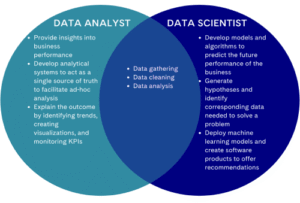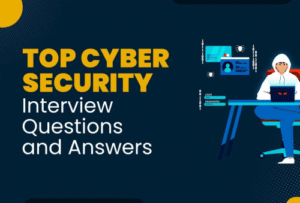If you’re fascinated by the world of tech and are...
Read MoreCertified Scrum Master CSM Certification Training Course
Certified Scrum Master (CSM) Certification Course
Certified Scrum Master (CSM) certification validates proficiency in Scrum principles, practices, and roles. It equips professionals to lead Agile teams, facilitate collaboration, and improve project outcomes. CSM certification enhances career opportunities by demonstrating a commitment to Agile methodologies and the ability to drive successful, iterative project delivery.
- 16 Hrs Instructor-led Sessions(LVC)
- Flexible Batches
- Certificate of completion
- Download Curriculum
Certified Scrum Master Certification Overview
The Certified Scrum Master (CSM) certification is a globally recognized credential that validates an individual’s understanding and application of Scrum principles, practices, and roles within an Agile framework. Scrum is an Agile methodology used primarily in software development but has since been adopted across various industries for its ability to improve teamwork, communication, and project management efficiency.
Achieving CSM certification involves completing a two-day training course taught by a Certified Scrum Trainer (CST) or through an approved online program. The course covers the foundational aspects of Scrum, including its history, key concepts, roles (Scrum Master, Product Owner, and Development Team), events (Sprint, Scrum meetings), and artifacts (Product Backlog, Sprint Backlog, Increment). Following the course, candidates must pass an online exam to earn their certification.
CSM certification is valuable for project managers, software developers, business analysts, and anyone involved in Agile project management. It not only enhances career prospects but also equips professionals with the skills needed to lead successful Agile projects, resulting in improved productivity and customer satisfaction.
What benefits does this course provide ?
- Enhanced Career Prospects
- Global Recognition
- Skill Enhancement
- Leadership Development
- Networking Opportunities
- Standardized Knowledge
- Comprehensive Understanding
- Aligns Business and IT
- Certification Longevity
Leading businesses offer this course to their employees
Next Cohort Starts on
- 00Days
- 00Hours
- 00Minutes
- 00Seconds
Benefits
-
Scrum Master
-
Product Owner
-
Agile Consultant
-
Scrum Master/Project Manager
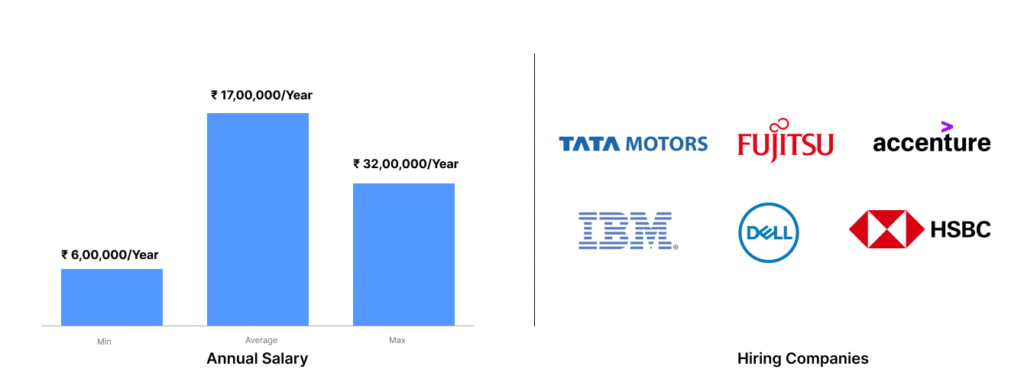
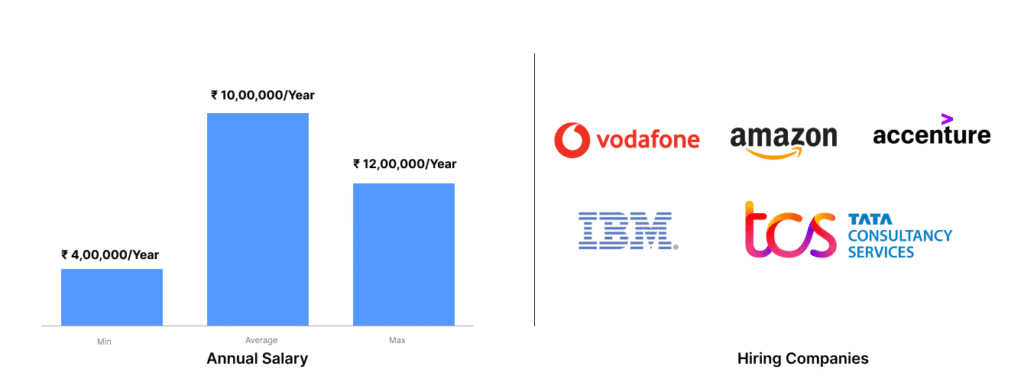
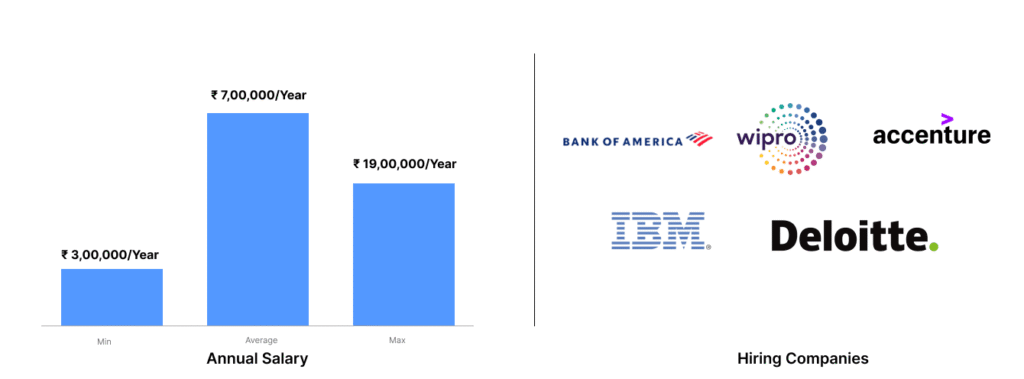
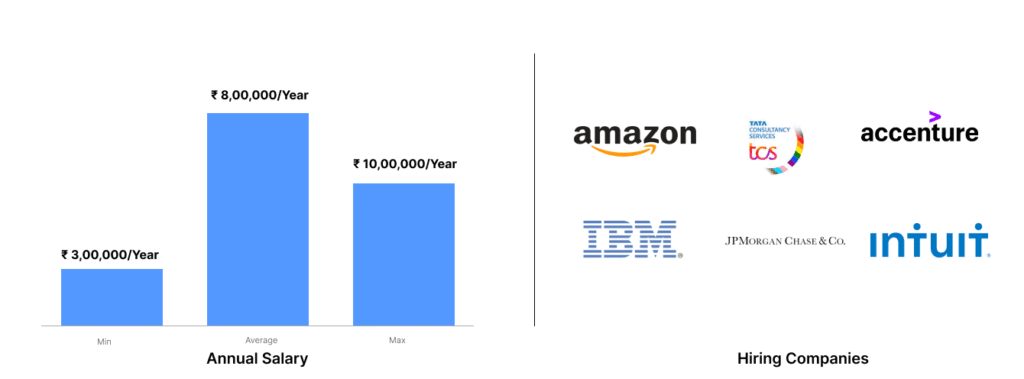
Desire to get certified as Scrum Master® ?
Training REVIEW
Our Learners Love Us
Posted on
Why do you need a Scrum Master Certification?
- Showcase your expertise with the gold standard of agile certification.
- Lead your team adeptly in utilizing Scrum and comprehend the significance of Scrum values.
- Enhance career prospects and broaden your professional network
- Strengthen leadership skills and exert influence in driving organizational change.
Certified Scrum Master CERTIFICATION PATH
CSM JOURNEY.
Learn
- Via Online Videos and Sessions Led by Instructors
Practice
- Practical using activity guides and labs
Get Exam-Ready
- Prepare yourself with Mock text and question papers.
You're Now Certified!
- Congratulations! now you're a Certified Scrum Master (CSM) Professional!
Study
- Using Test Guides Designed by Experts
Build
- Practical Projects and a Sophisticated Portfolio
Take the Exam
- And succeed in it on your first try!
1: Learn
- Via Online Videos and Sessions Led by Instructors
2: Study
- Using SAA-C03 Test Guides Edited by Experts
3: Practice
- Practical using activity guides and labs
4: Build
- Practical Projects and a Sophisticated Portfolio
5: Get Exam-Ready
- Using Solid Question Bank and Simulations
6: Take the Exam
- And succeed in it on your first try!
7: You're Now Certified!
- Congratulations! now you're a Certified Scrum Master (CSM) Professional!
Learning Objective: Get familiar with the 12 principles and 4 values stated in the Agile Manifesto through our popular in-class activity- “Draw and demonstrate”. Herein, you will be asked to form groups and illustrate all 12 principles pictorially.
What you will learn:
At the end of this activity, you will be able to-
- Explain the 12 principles and 4 values listed in the Agile Manifesto.
- Demonstrate the benefits of “responding to change” in Agile over “following a plan” in traditional project management.
- Describe how the Scrum values (courage, focus, commitment, respect, openness) relate to the Scrum artifacts, events, and roles.
- List and explain the three pillars in Scrum ― Transparency, Inspection, Adaptation.
- Explain the differences between framework and methodology and understand why Scrum is called a framework.
- List 5 ways to develop an Agile mindset.
- Illustrate 2 differences between Agile and Scrum and explain why these two terms cannot be used interchangeably.
Learning Objective: Learn more about the three roles in Scrum with role-based activities. Each group will play a simulation game called “candy catch” that will have three iterations. The Scrum Master and Product Owner (chosen by group members) will coordinate and help the team achieve the highest target within the shortest time.
What you will learn
At the end of this activity, you will be able to-
- Conduct a retrospective to list 3 techniques to improve the performance and turnaround time.
- Explain the roles and responsibilities of a Scrum Master and a Product Owner.
- List 3 differences between a Scrum Master and a Product Owner and understand why these two roles should not overlap.
- Discuss how a product owner acts as a bridge between the development team and the stakeholders.
- Understand why a Scrum Master is not an active participant but a facilitator in the Scrum events and ceremonies.
- List 3 demerits of having a development team of less than 3 members or greater than 10 members.
Learning Objective: Take part in the Scrum Paper Plane game and learn how the 5 Scrum ceremonies work. There will be 3 sprints, each lasting 15 minutes. You need to prepare the user stories that will cover the features and functionalities along with acceptance criteria.
What you will learn
At the end of this activity, you will be able to-
- Explain the “why” and “how” of sprint planning, daily scrum, sprint review, and retrospective.
- Understand why the scope and duration of a sprint are fixed.
- List 3 ways to avoid sprint backlog spillover.
- Define sprint goals and discuss 5 benefits of having a sprint goal.
- Understand how the Scrum Master and the Product Owner should coordinate with the team and list 5 points to improve such communications.
- Discuss 3 damaging impacts of sprint cancellation and how to avoid it.
- List 10 sprint anti-patterns (E.g. sprint cancellation, variable sprint length) and understand how these impact the delivery and turnaround time.
What you will learn
At the end of this activity, you will be able to-
- List and demonstrate 5 salient features of a well-formed product backlog (E.g. estimated, prioritized).
- Discuss 2 responsibilities of the Product Owner, Scrum Master, and the Development team in creating and maintaining a product backlog.
- The objective of having a product backlog and best approaches to product backlog refinement.
- Analyze and discuss the ideal time and capacity to be dedicated to product backlog refinement.
- Demonstrate 3 activities (E.g. budget and timeline, release schedule) that take place during a sprint review.
- List 5 sprint review anti-patterns (E.g. delayed acceptance) and their negative impacts
Learning Objective: Learn about Scrum life cycle by taking part in the “coin game”. The participants will be linking ceremonies to create effective sprint goals. This module will focus on the common challenges in sprint execution and enable team members to improvise.
What you will learn
At the end of this activity, you will be able to-
- Explain the importance of 15-minute timebox for daily scrum meetings.
- List 3 differences between traditional meetings and daily stand-ups.
- Describe 2 roles played by the Scrum Master, Product Owner, and the Development team in daily scrum.
- List the 3 critical questions pertaining to the daily scrum agenda.
- List 2 responsibilities of the Scrum Master, Product Owner, and the Development team during the sprint
Learning Objective: Acquaint yourself with the Definition of Ready with our Lego blocks game wherein the attendees will be asked to build a city out of Lego building blocks. The “definition of ready” checklist for the final deliverable will be determined by the instructor.
What you will learn
At the end of this activity, you will be able to-
- Create an ultimate checklist of Definition of Done.
- List 3 negative impacts of an ill-formed Definition of Done.
- Identify at least 3 benefits of a shared Definition of Done for multiple teams working on the same product backlog.
- List 2 ways to improve Definition of Done.
Clearly understand the differences between “done” and “done done”.
Learning Objective: Acquaint yourself with the Definition of Ready with our Lego blocks game wherein the attendees will be asked to build a city out of Lego building blocks. The “definition of ready” checklist for the final deliverable will be determined by the instructor.
What you will learn
At the end of this activity, you will be able to-
- Create an ultimate checklist of Definition of Done.
- List 3 negative impacts of an ill-formed Definition of Done.
- Identify at least 3 benefits of a shared Definition of Done for multiple teams working on the same product backlog.
- List 2 ways to improve Definition of Done.
- Clearly understand the differences between “done” and “done done”.
Learning Objective: Play the self-organization game “Human Knots” by forming teams of 5-6. Groups where team members can untie themselves first win. The time frame for this activity will be decided by your instructor. Each team will have a Scrum Master and Product Owner chosen by group members.
What you will learn
At the end of this activity, you will be able to-
- Define and understand the steps involved in release planning.
- List 3 benefits of a well-organized release planning.
- List 3 outputs of release planning.
Learning Objective: Acquaint yourself with the Sprint Burndown Chart concepts by taking part in the ballpoint game. There will be 5 iterations and the number of points being expected at the end of the release will be communicated to the team.
What you will learn
At the end of this activity, you will be able to-
- Define and understand sprint burndown chart.
- List 3 primary reasons to use a burndown chart.
- Learn how to create and calculate a burndown chart.
- Explain how to adjust upcoming sprints based on the burndown.
- List 3 critical information obtained from a burndown chart.
- List 5 merits and 2 demerits of using a burndown chart.
- Understand 5 common errors that lead to misleading information in burndown charts.
Learning Objective: Take part in the ballpoint game and understand the in-depth concepts of release burn-up charts and why Scrum teams use them. There will be 5 iterations and once the sprint is completed, the team will put a mark on the release burn-up as to how many points are completed.
What you will learn
At the end of this activity, you will be able to
- Understand the importance of having a release goal (based on historical data and agreement).
- Demonstrate the importance of release burn-up in understanding the current status.
- List 2 differences between burndown and burn-up charts.
- Explain how to adjust release planning (if needed) based on the burndown.
- Tell one primary advantage of a burnup chart over a burndown chart.
Topics:
- What is product planning
- What is product vision
- How to create a product backlog
- Product Roadmap
- Minimum Releasable features (or) Minimum Marketable Features
Minimum Viable Products
Learning Objective: Be a part of the Lego Building Blocks game wherein participants will be asked to write user stories for every activity involved. The game will entail 3 iterations and attendees will prepare user stories that will cover the features and functionalities along with acceptance criteria.
What you will learn
At the end of this activity, you will be able to-
- Define and explain user stories and understand the importance of user stories in real-time projects.
- Explain the 3 Cs in user stories.
- Discuss the importance of acceptance criteria and list 3 scenarios that might arise when the acceptance criteria are not met.
Learning Objective: Learn more about the “what” and “how” of Agile estimation with our in-class Agile board game “Scrumble”. In an interactive setting, this game will let you analyze the common challenges faced by Scrum team members during implementing different estimation techniques in Agile.
What you will learn
At the end of this activity, you will be able to-
- List and demonstrate 5 benefits of Agile estimation.
- Understand the 7 popular Agile estimation techniques and decide which one is the best for your project.
- Discuss 3 benefits of Relative Estimation and Planning Poker.
- List and explain 3 common mistakes made while using Relative Estimation and their negative impacts.
- Discuss in detail the 5 critical steps in Planning Poker.
Learning Objective: Know everything about planning poker from our popular poker card estimation game. Team members/estimators have to privately select one card and the value on each card would represent the story point. Once all cards are revealed, the values need to be discussed.
What you will learn
At the end of this activity, you will be able to-
- List 5 benefits of planning poker estimation technique.
- Decide the best sequence for the values (story points) on cards for your real-time projects.
- Discuss in detail the 5 critical steps in Planning Poker.
- List 3 points to heed for employing planning poker for distributed teams.
Contact Us
+91-9289408096
Request more information
Not sure how to get started?
Certified Scrum Master Certification
Certified ScrumMaster (CSM) is a certification that can be acquired by completing the CSM course and passing the CSM exam. There isn’t any requirement you need to fulfil to take the course. While anybody can pursue the certification, the most frequent background of people who pursue this certification are:
- Software Engineers
- Product Managers
- Project Managers
- Team Leaders
- Business Analysts
- Developers
- Testers
At CertEra, we pride ourselves on having some of the best trainers in the industry. Our trainers are not just experts in their respective fields but also hold the Certified Scrum Trainer (CST) certification from Scrum Alliance. Dedicated, and invested in understanding the unique challenges that different enterprises face, these highly skilled professionals with vast experience in delivering courses, are keen to impart their real-world wisdom in high-energy workshops replete with activities.
Our CSM training is live and is available in Live Instructor-Led Virtual Training. The batches at CertEra are guaranteed to run, so you can enroll in the earliest available batch easily.
Yes, practice tests are provided to strengthen your preparation for your Certified ScrumMaster exam. It is also a part of the CSM online certification course. These practice tests, also called CSM practice tests, are designed in a way that helps you to check on your knowledge of Scrum and agile methodologies.
They are crucial in comprehending how to use Scrum for the benefit of your organisation. To have a clear understanding of what is a Scrum Master certification, the question patterns, what to expect in the exam, it is very essential that you go through these practice tests.
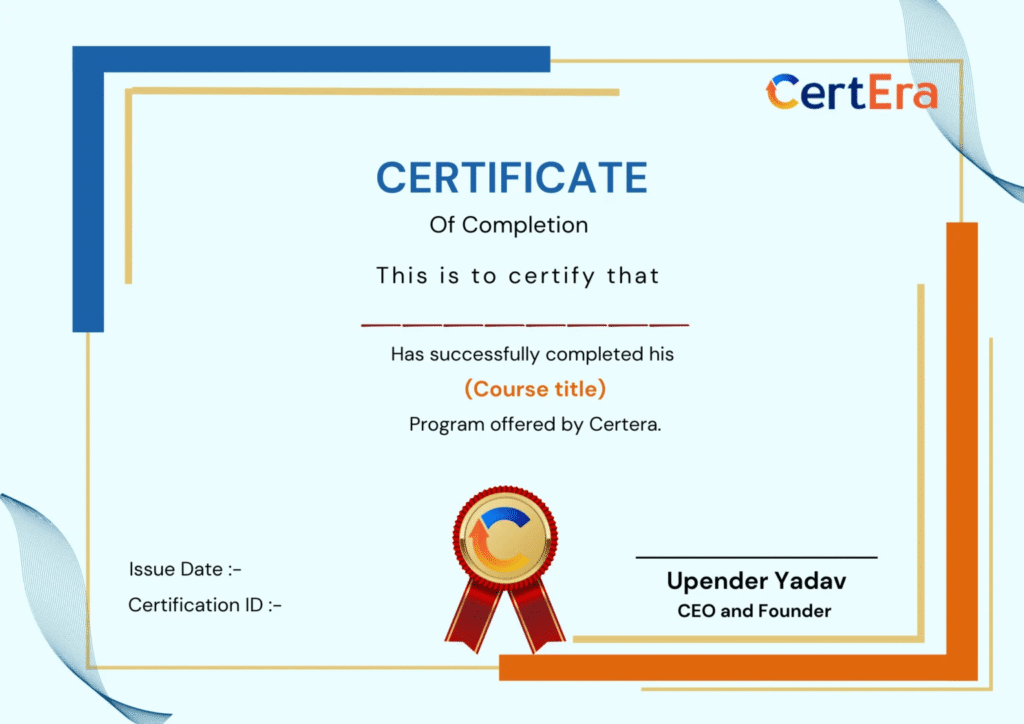
Certified Scrum Master CERTIFICATION FAQS
Frequently Asked Questions
Request more information
The Certified Scrum Master course is ideal for those new to agile methodologies, regardless of industry. It is beneficial for professionals such as marketers, data scientists, HR representatives, and anyone seeking effective solutions to complex problems in a collaborative environment. Attendees gain valuable insights into Scrum principles, making it a valuable experience for those looking to enhance teamwork and problem-solving skills.
CSM certification can enhance career opportunities by opening doors to roles such as Scrum Master, Agile Coach, and Project Manager. Certified professionals often command higher salaries in the industry.
Yes, participants are required to take an exam to attain the Certified Scrum Master certification. The exam tests their understanding of Scrum principles and their application.
The Scrum Master is crucial for ensuring the proper implementation of the Scrum framework within a team. Committed to Scrum methodology and agile principles, they guide the team through the process, fostering collaboration and maintaining flexibility for continuous improvement in workflow. Their role is pivotal in creating an efficient and successful team environment.
The major roles in Scrum are:
- Product Owner: Guides feature selection and prioritization, managing the product backlog.
- Scrum Master: Facilitates effective Scrum use, removes obstacles, and promotes Agile principles.
- Scrum Team: Collaborative group ensuring client needs are met, actively engaged in the development process.
LVC only
- 16-Hour Live Instructor-Led Training
- Earn 16 PDUs and 16 SEUs
- Free Scrum Alliance Membership
- Comprehensive Exam Support and More
Our Alumni Work in
Land Your Job In Top MNC's

Instructor-Led Training
Solid Experiential Learning
- 16 Hour of Instructor-led Training
- Access to Forum
- Earn 16 PDUs and 16 SEUs
- Free Scrum Alliance Membership
- 24*7 learner assistance & support
- Comprehensive Exam Support and More
Corporate Training
Upskill your teams
Solid Experiential Learning
- Blended learning delivery model (self paced, e-learning and instructor-led options)
- Enterprise- class learning management system (LMS )
- 24*7 teaching assistance and support.
- Flexible pricing & billing options
- Dedicated customer success manager
Upskill your teams
Corporate training involves programs designed to enhance the skills, knowledge, and capabilities of employees within an organization.
Blog's
Comparing the Roles of Data Analysts and Data Scientists: An In-Depth Analysis
Two professions that are sometimes confused for each other, Data...
Read MoreTop Cybersecurity Interview Questions and Answers 2023
When partaking in a job interview, it’s crucial to bring...
Read MoreTop 10 Project Management Software in 2023
Project management is the organized process of planning, coordinating resources,...
Read MoreCertEraTrending Courses
Trending Courses
Popular Courses
Categories
The certification names and logo are the trademarks of their respective owners


